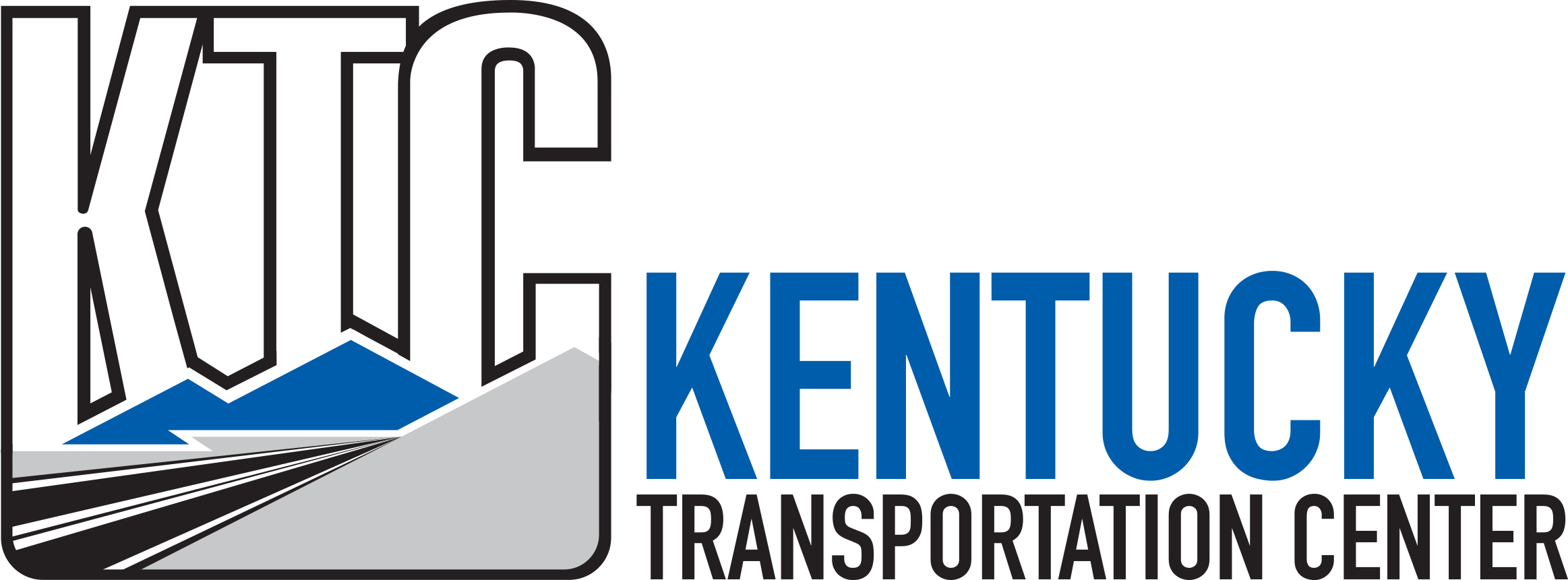Abstract
Commercial vehicle drivers selecting inappropriate routes where the handling characteristics (e.g., off-tracking) and dimensions of their trucks are not consistent with a roadway’s cross section and geometrics can damage the vehicle, harm adjacent property, or result in crashes. Analysis of crashes that involve the use of inappropriate routes indicate a significant number are caused by drivers receiving faulty directions from in-truck GPS units or adhering to incorrect directions provided by their companies. The Kentucky Transportation Center (KTC) investigated strategies to ensure truck drivers are given correct directions when traveling on Kentucky roadways. As part of this effort, this report reviews policies and regulations adopted by other states to ensure trucks have the proper grade GPS units. It also catalogues crashes that have occurred in the state of Kentucky where errant GPS directions contributed to incidents and highlights corrective actions that have been taken (e.g., installation of signage) to warn truck drivers of route restrictions or adverse conditions. Based on a review of incidents and case studies, the report presents recommendations to ameliorate the problem of truck drivers selecting inappropriate routes. Key suggestions include: requiring commercial vehicles to have GPS units designed specifically for truck routing; installing truck routing signs consistent with standards laid out in the Manual on Uniform Traffic Control Devices; installing warning signs in advance of low clearance bridges, low ground clearance railroad crossings, and weight-restricted routes; improving driver training on GPS systems and enhancing communication between drivers and trucking companies; and forging collaborative agreements between transportation agencies and mapping companies to ensure mapping products incorporate correct routing information.
Report Date
9-2017
Report Number
KTC-17-20/SPR17-534-1F
Digital Object Identifier
https://doi.org/10.13023/ktc.rr.2017.20
Repository Citation
Agent, Kenneth R., "Truck Routing Issues" (2017). Kentucky Transportation Center Research Report. 1616.
https://uknowledge.uky.edu/ktc_researchreports/1616



Notes
© 2018 University of Kentucky, Kentucky Transportation Center
Information may not be used, reproduced, or republished without KTC’s written consent.
The contents of this report reflect the views of the authors, who are responsible for the facts and accuracy of the data presented herein. The contents do not necessarily reflect the official views or policies of the University of Kentucky, the Kentucky Transportation Center, the Kentucky Transportation Cabinet, the United States Department of Transportation, or the Federal Highway Administration. This report does not constitute a standard, specification, or regulation. The inclusion of manufacturer names or trade names is for identification purposes and should not be considered an endorsement.